Motorcycle Touring & Travel
Spain and Portugal
The King of Every Kingdom
Around the world on a very small motorcycle
With J. Peter “The Bear” Thoeming
We last left The Bear picnicking in Biarritz, having replaced the rear wheel on the XS with a cast option, and setling the differences in their travelling troup, at least for now… In this excerpt they continue into Spain and on to Lisbon.
Spain
Did you know that Sangria is alcoholic? We found out when we had a beach party near Barcelona. We crossed into Spain with minimal formalities and followed an awful, pockmarked road to San Sebastian.
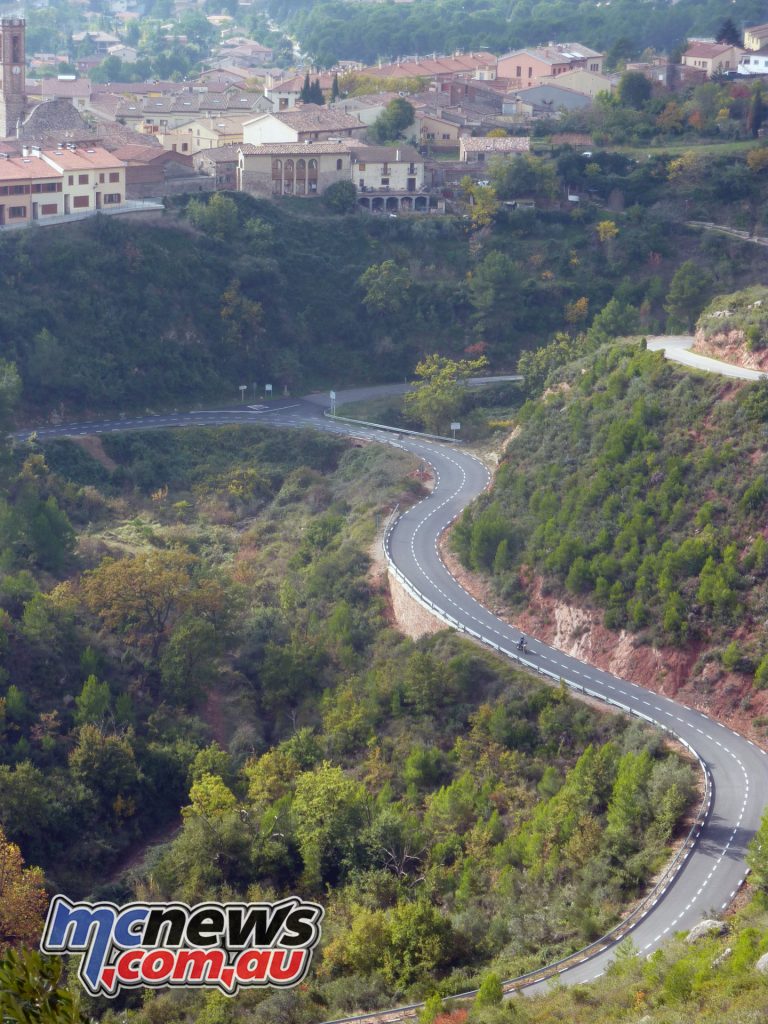
We stuck it out for long enough to buy a gas stove with a little bottle and then took to the hills. While the road didn’t improve, the air at least became transparent again. The pollution was grim.
 We rode through some lovely autumn hill country to Pamplona, which was all rather spoilt by the amount of waste plastic hanging from riverside trees. There were fun and games in Pamplona, with our blue Australian passports acting like the proverbial red rag to a bull.
We rode through some lovely autumn hill country to Pamplona, which was all rather spoilt by the amount of waste plastic hanging from riverside trees. There were fun and games in Pamplona, with our blue Australian passports acting like the proverbial red rag to a bull.
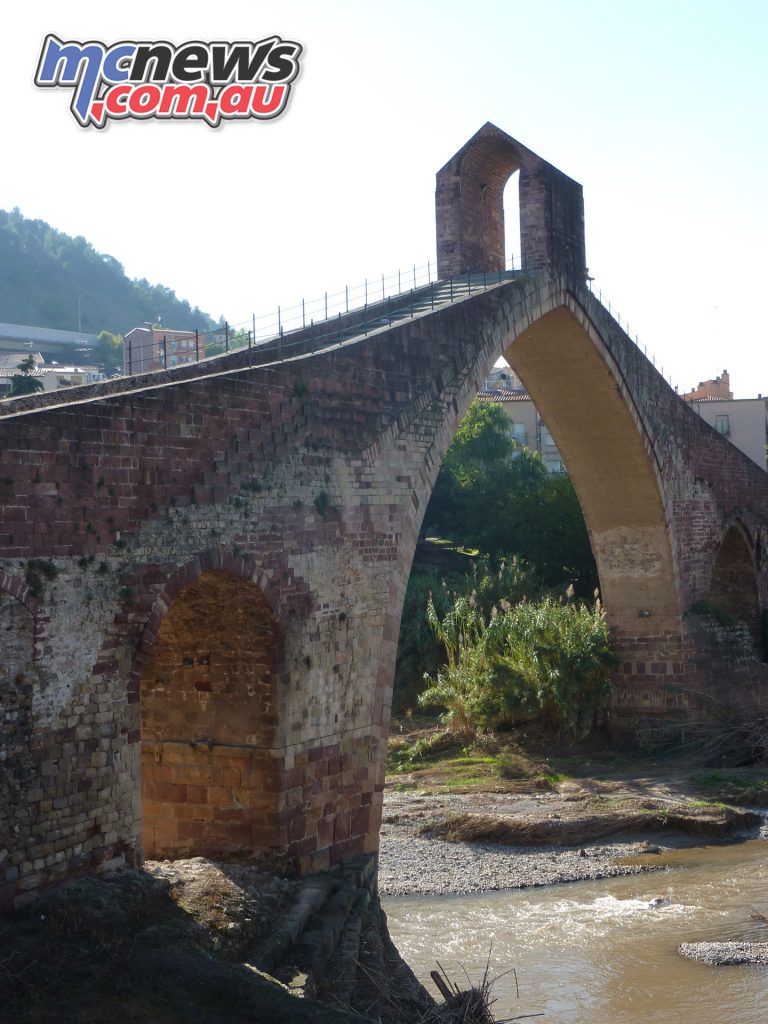
Every time we showed them at any of the pensions, they were suddenly and mysteriously full. It was later explained to us that Australians have a bad name for their behavior during the running of the bulls. The boys must really have misbehaved to upset the Spaniards that badly!
We had to find somewhere to stay, because the campsites were all closed for the season and it was getting late. Finally someone relented, tricked only a little bit by being shown Neil’s British passport first. But Neil and I had to share one room and the girls another, under the watchful eye of a shawl-draped crone. It appears there’s this law…
The bikes stayed out in the street, chained to a lamp post and to each other, with their alarms on. Dire warnings of bike theft had made us paranoid. An old gentleman told us that we were ‘loco’ to leave them there, but he couldn’t offer an alternative.
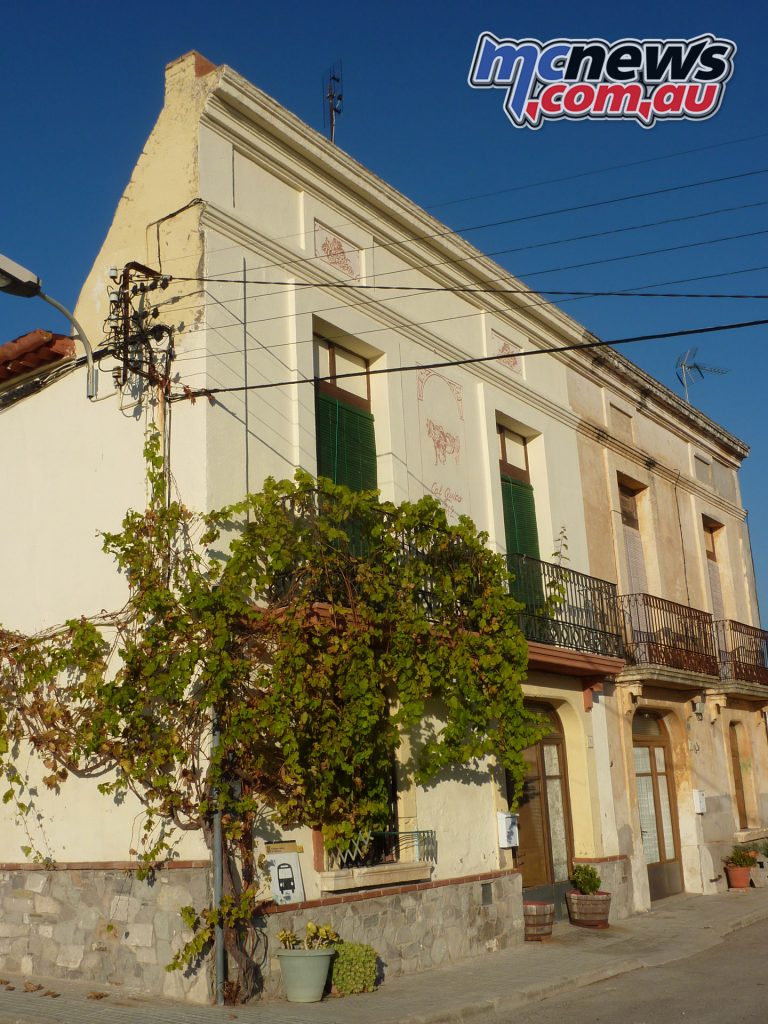
We went to do the bars and had a great evening. There was no need to go to a restaurant – the bars all served tapas, delicious snacks such as liver with onions, pork and pimentos and grilled sardines, all of which we washed down with glasses of the cheap vino tinto. We were hardly incognito, however. Wherever we went in town, we were greeted with cries of ‘Inglese moto!’
The bikes were still there the next morning. They weren’t entirely untouched—someone had carefully peeled most of the stickers off them.
Breakfast was by the side of the road as we had a long way to go that day. It consisted of jam on fresh bread bought from a van and coffee heated on our new gas stove. A great improvement over the petrol stove – it took less than half as long.
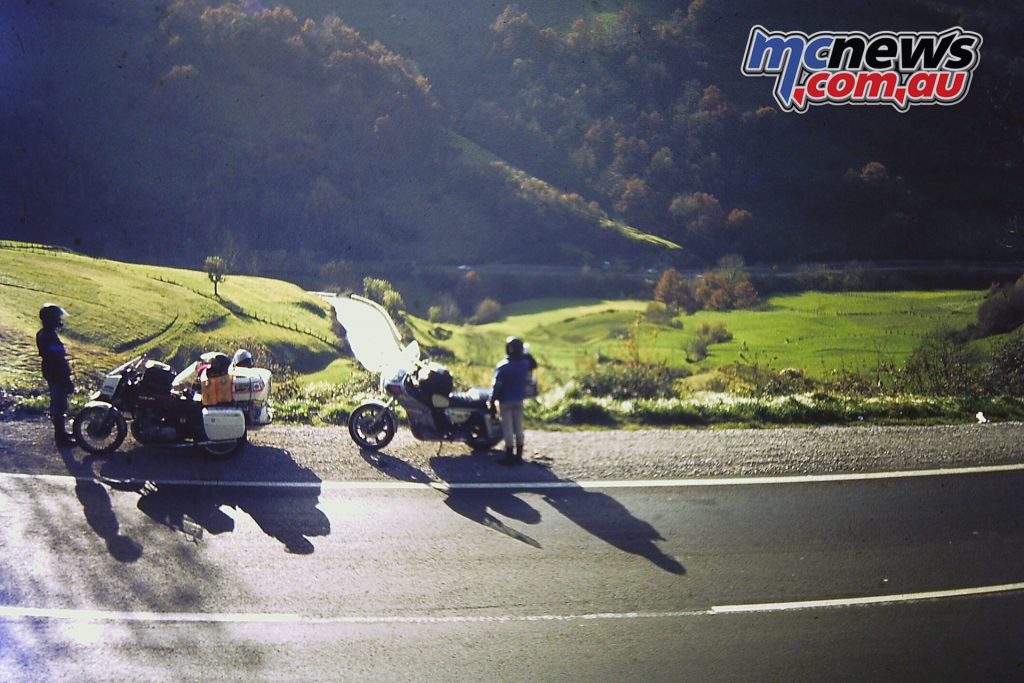
It was a long grind for the rest of the day, 12 hours down to the coast at Vinaroz, near Barcelona. The Ebro valley is flat and agricultural and there was a great deal of mist, which hid anything that might have been worth seeing. Just before the coast, up in some hills and in the dark, we passed Morello and were spooked by the chill bulk of the castle hulking over the town. Had there been a lighted tower window, I could well have imagined a latter-day vampire sitting down to… err… breakfast.
Castel Camping offered another castle, albeit a fake one built out of concrete blocks, and iron-hard ground. The hard ground turned out to be a common feature in Spain. Take heavy-duty pegs if you go. The grounds were deserted when we arrived, but the owners, a German couple, returned from a night at the movies just as we were setting up. They were friendly, turned on the hot water for us, and we all went to bed – very tired.
A little maintenance work the next day was interrupted by the arrival of a German tour bus. Its occupants spent the day in the site restaurant, listening to salesmen who were demonstrating kitchen gadgets. I couldn’t contain my curiosity, and during their lunch break I asked what was going on. It appeared that they got a free bus from (and back to) Germany in exchange for sitting down and listening to the sales pitch. Funny way to spend your holidays.
The coast south to Valencia was dreary and dirty. Every lay-by seems to be used as a rubbish dump, the rivers are open sewers and it’s dull country. Valencia does have a good market and that, combined with the ridiculously cheap booze, reconciled me to the place.
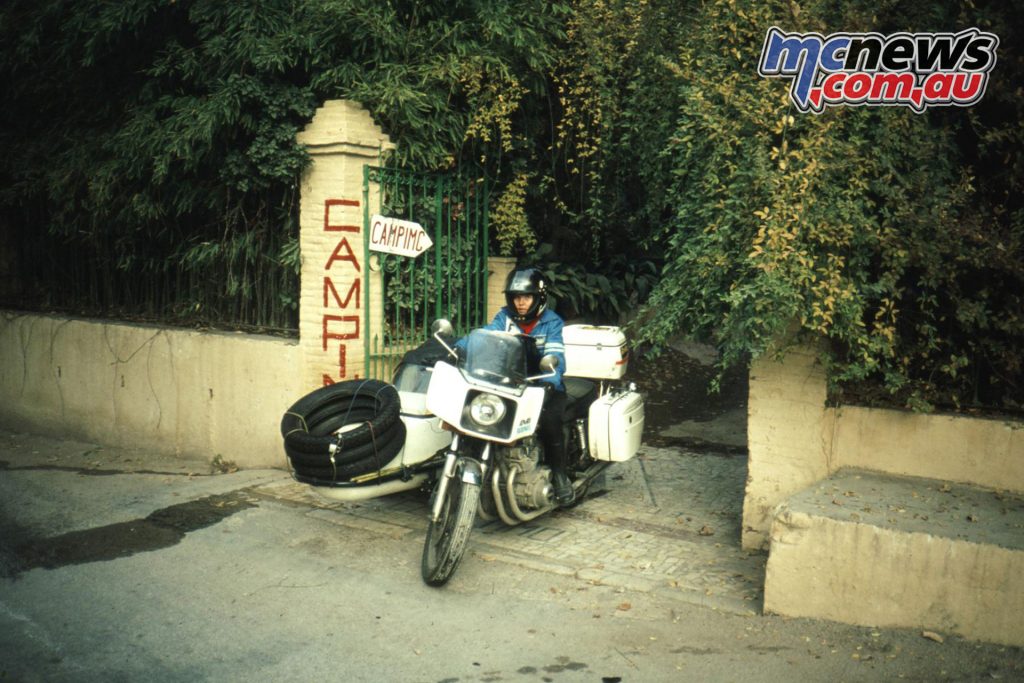
Our campsite was south of the city and surrounded by blocks of ‘holiday flats’. We had a little potato bake on the beach and consumed a few litres of Sangria, but we felt as though we were being watched by the brooding, empty-eyed concrete giants all around us.
Dreadful hangovers in the morning made packing a bit of a chore. Then, back on the road, both Neil and I kept imagining there was something wrong with the bikes – it was just Sangria withdrawal symptoms. But we certainly didn’t imagine the bottle that burst on the pavement near us when we stopped to cash a cheque.
I guess someone in the apartment block behind us didn’t like bikes; they certainly had a very graphic way of showing it. We moved. The Costa del Fish ‘n’ Chips rolled past, looking grimmer than a suburb of Calcutta, and we camped in an excruciatingly expensive site near Alicante. Spanish campsites do not offer off season rates like the French ones, and they’re out to squeeze every peseta they can out of you. Nasty places.
It did become interesting, and more pleasant, after we had crossed the Sierra Nevada to Granada. A cosy campsite made up for the fact that we’d arrived on the Feast of the Immaculate Conception and everything was closed.
The Alhambra was worth looking at, although it can hardly compete with some of the great buildings in the same style in India or Pakistan. The Red Fort at Delhi, for instance, is both more intricate and grandiose.
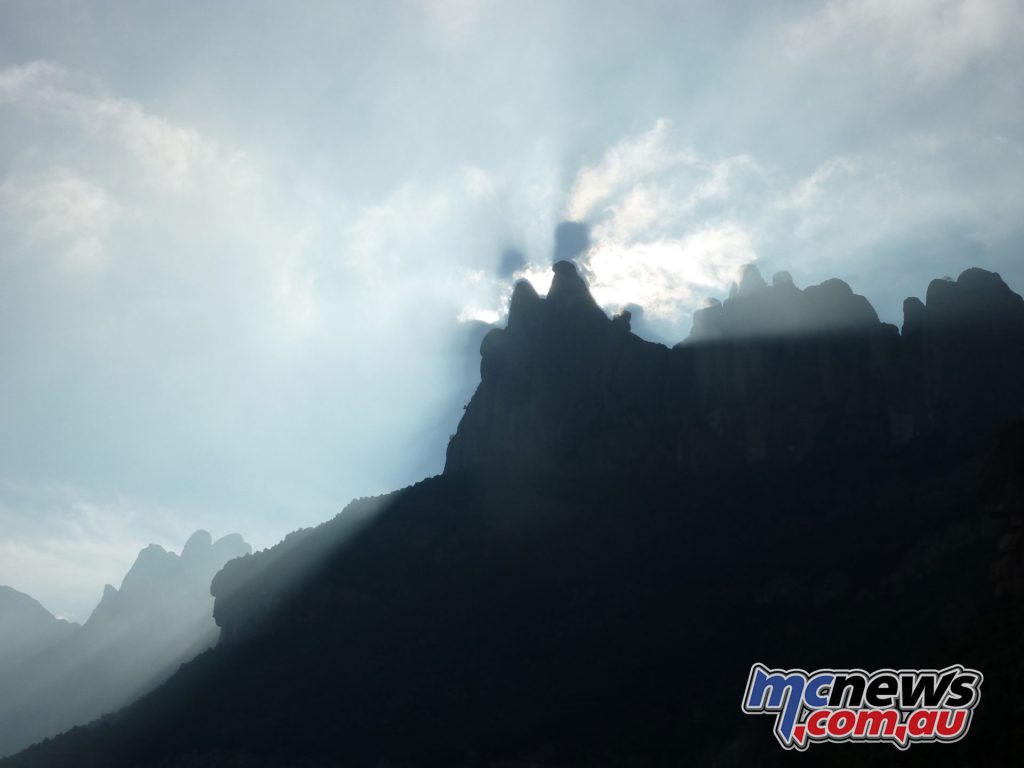
Unlike Delhi, Granada does however, boast good pastry shops, which we explored at leisure. Annie had what we assumed was an allergy reaction and her hands became itchy and covered in a rash. Antihistamine cream and tablets helped, but she had a great deal of difficulty sleeping. I think it had something to do with the amount of chlorine in the water.
On the way to Seville we passed quite a number of bike cops in pairs on their pitiful Sanglas 500s. A couple of them found it difficult to disguise their envy of the Yamaha when we pulled up, but tried to act nonchalant.
Coming into Seville was a little like coming home. There are large stands of gum trees and casuarinas, both natives of Australia, but while the orange trees that line the streets look fine from a distance, the polluted air has done its work and close up the fruit is grey, the leaves crippled. There was the most glorious cathedral, though, with buttress upon buttress reaching out from the nave until it all looked like a cross between an enormous centipede and an equally huge spider.
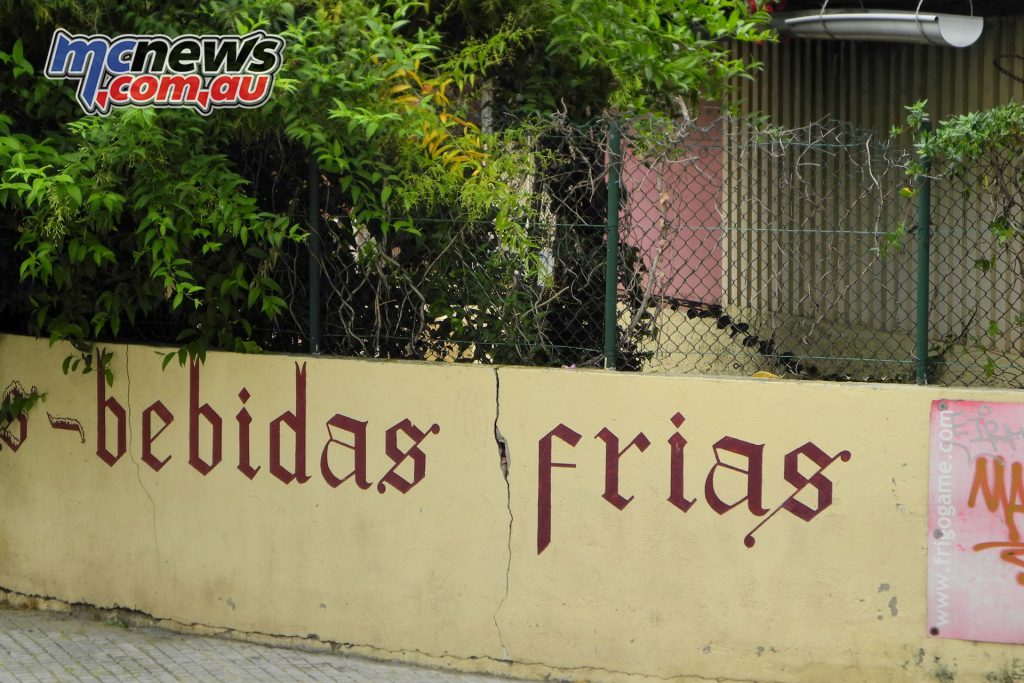
Portugal
The Portuguese border was next, through mountain ranges hung with mist and covered in cork oaks. The road was awful, like most Spanish roads, but offered pretty surroundings for a change. The undergrowth was inhabited by troops of pigs snuffling around for fallen acorns. Portuguese Customs checked our papers quite thoroughly, but gave us no trouble.
 The road just over the border was even worse than the ones in Spain, and for a while I held an image in my mind of us limping into Lisbon with totally ruined shock absorbers. But lo! Within a mile or so the surface became quite reasonable and stayed that way through most of the country.
The road just over the border was even worse than the ones in Spain, and for a while I held an image in my mind of us limping into Lisbon with totally ruined shock absorbers. But lo! Within a mile or so the surface became quite reasonable and stayed that way through most of the country.
We spent that night in the municipal campsite at Beja, a green and cheerful place that cost us a tenth of what the last site in Spain had. Things were looking up.
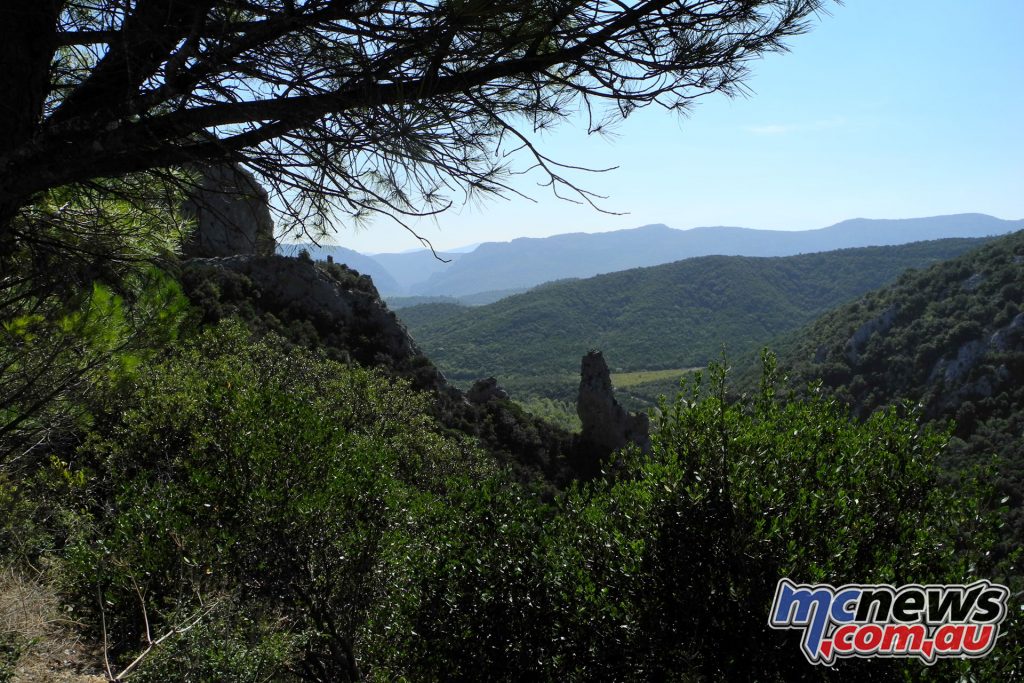
I took us on a tour of rural Portugal the next day when I confused the road signs, but no one minded. The road went through forests with the occasional village squatting in its fields. Our first major town held a surprise.
This was Setubal, which has the most diabolical one-way system known to man. It is necessary to traverse just about every street in town before emerging at the other side. I hit a pothole, too, that I thought was going to swallow the bike whole.
From the south, Lisbon is approached by a long, high suspension bridge. Neil, who was riding the XS, noticed that the bridge had no guard rail, and the gusty wind kept blowing him over to the side, and he didn’t enjoy that at all.
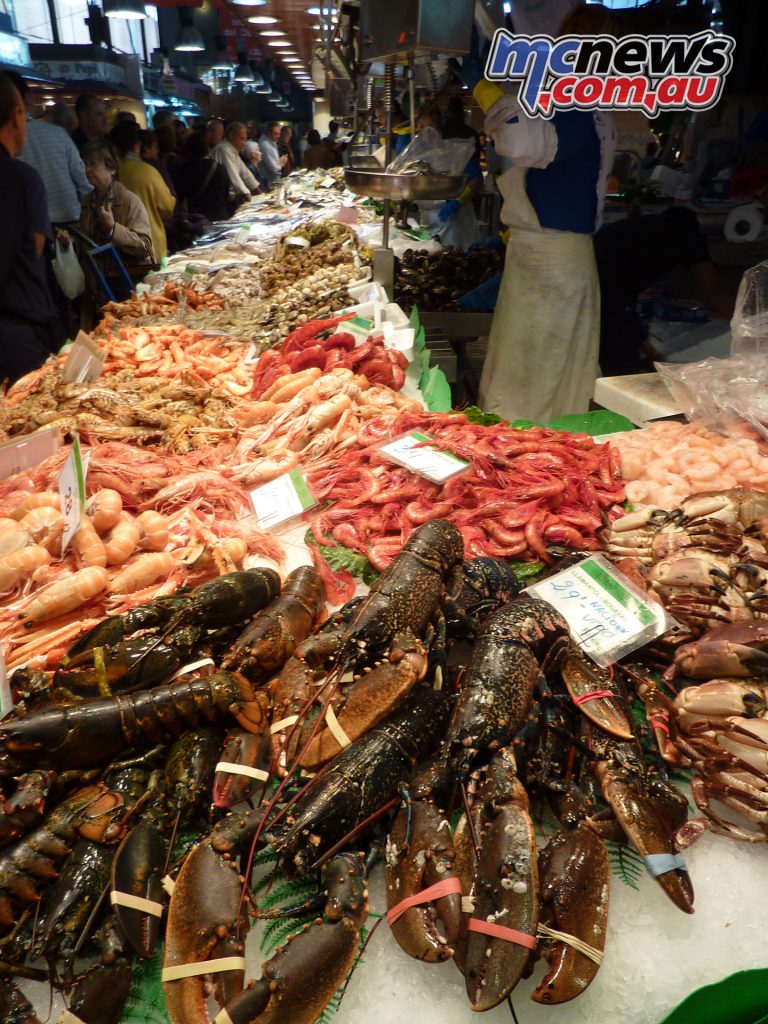
You’d never have any trouble finding the campsite in Lisbon. It’s so well signposted that you’d think the city was an adjunct to the site rather than the other way around.
A pleasure to not have to search for ages, just for a change. Lisbon itself turned out to be a homely sort of place, with good and pleasant bars. In the bars you can buy plates of seafood, including whole crabs.
Are the castles in Portugal imported from East Germany? Does Portugal have the world’s biggest gum trees? Find out next week.























